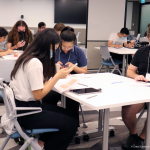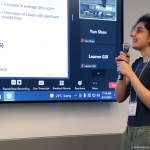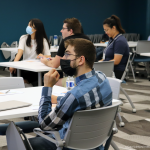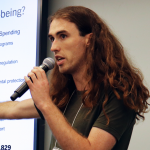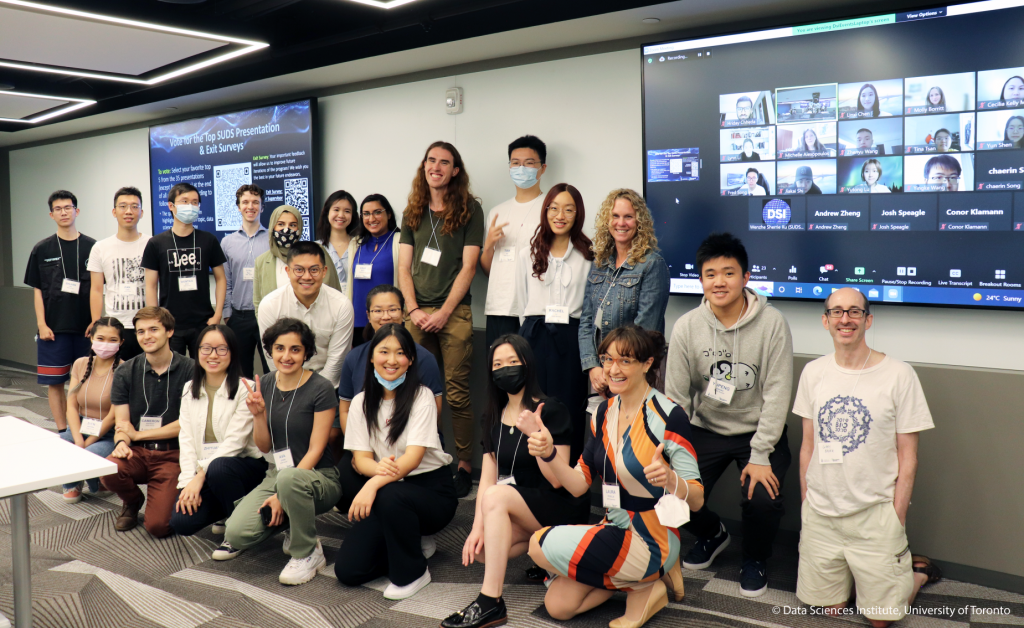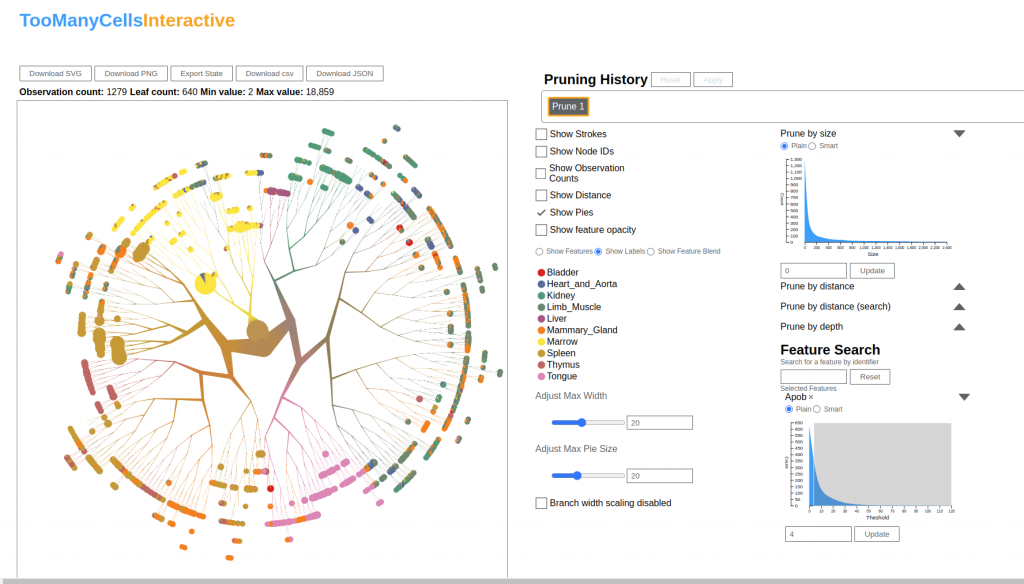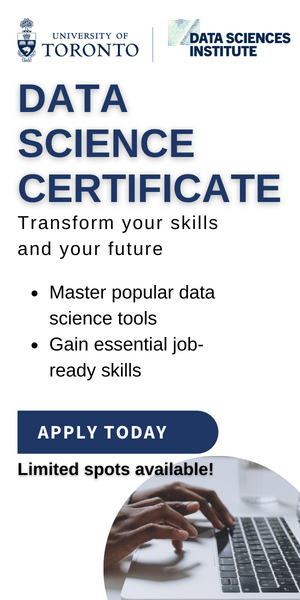The Data Sciences Institute (DSI) and the University of Toronto Scarborough, DSI@UTSC, are leading a tri-campus initiative to encourage research activity in Computational and Quantitative Social Science (CQSS) that includes community-building, research funding, and training in CQSS.
The social sciences are undergoing a data sciences revolution spurred on by new statistical and algorithmic techniques, rapid advances in high-performance computing, as well as the proliferation of large, complex, and heterogeneous data structures. These developments present exciting opportunities as well as new challenges for social scientists.
Assistant Professor of Sociology Ethan Fosse is an Associate Director of the DSI. “The Institute came about when a number of scholars across all three campuses recognized that there is an emerging area at the intersection of technical fields such as computer science, theoretical statistics, and mathematics and domain-specific fields such as biology, physics, political science, and sociology,” says Prof. Fosse. “With new data, novel algorithms, and rapid increases in computing power, there is the potential to truly accelerate knowledge production in a wide range of subject areas.”
But what does this mean, practically, for researchers in the social sciences? The answer is that there are new, powerful ways of analyzing complex data structures commonly used by social scientists, such as temporal, textual, spatial, and network-based data. For example, many social scientists are experts at examining unstructured text data, such as open-ended survey responses, in-depth interviews, or ethnographic field notes. However, new computational techniques further allow social scientists to automatically summarize and group the data, significantly reducing the amount of labour, time, and monetary cost required to conduct interpretative analyses.
For Prof. Fosse, who has written on the usefulness of these techniques for social scientists and has used them in his own research, the next step is to increase training on these new methods, in addition to helping social scientists become aware of the benefits such techniques can bring to their research. As well, he is working on developing programs to foster research collaborations between data scientists on the one hand and social scientists on the other. The DSI currently provides a number of training opportunities for social scientists as well as grants for projects using the data sciences in innovative ways.
The Institute aims to build an interdisciplinary network of researchers who can be an advocate for the importance of the data sciences in social science research. DSI membership is free, and members can be faculty, staff, or students of the University of Toronto and/or a member of a University of Toronto affiliate (for example, affiliated hospitals and research institutes).

